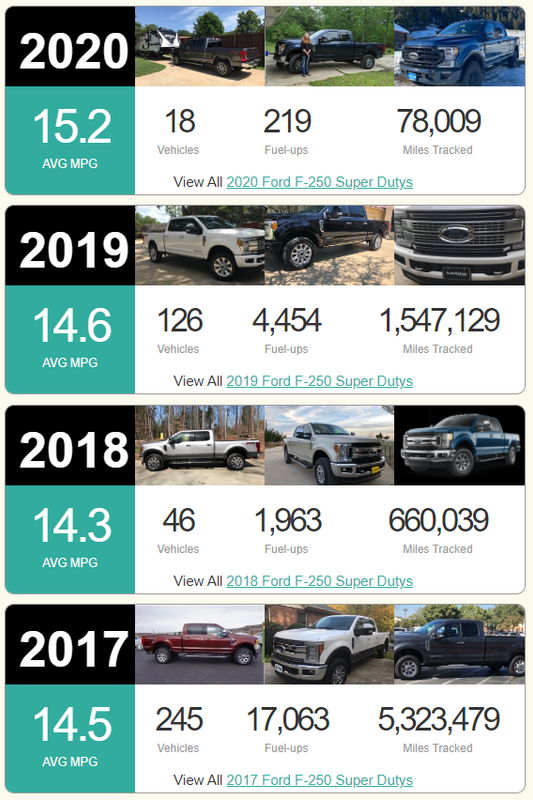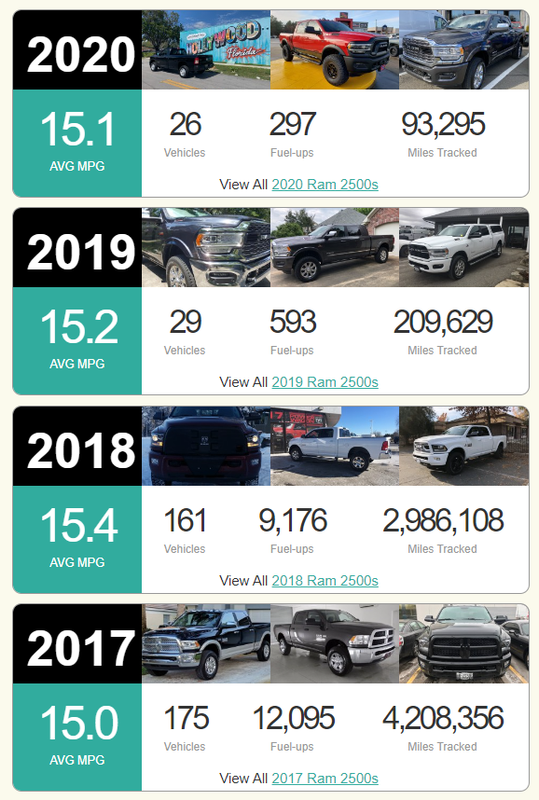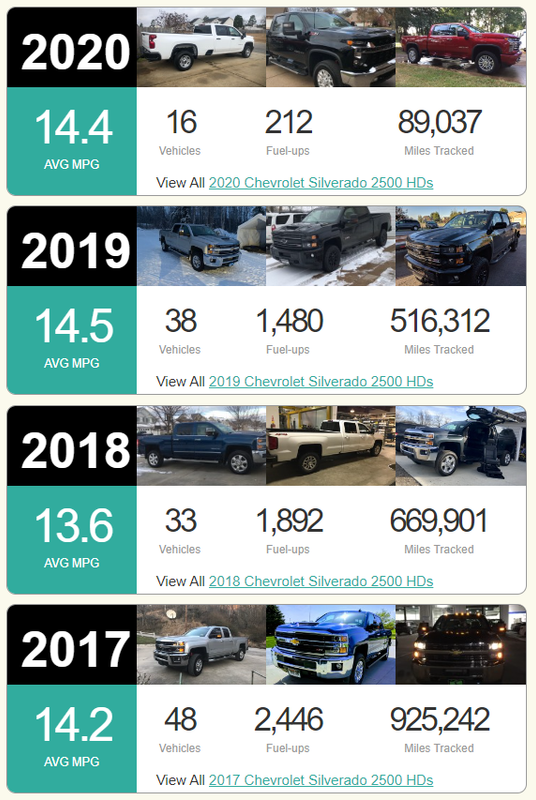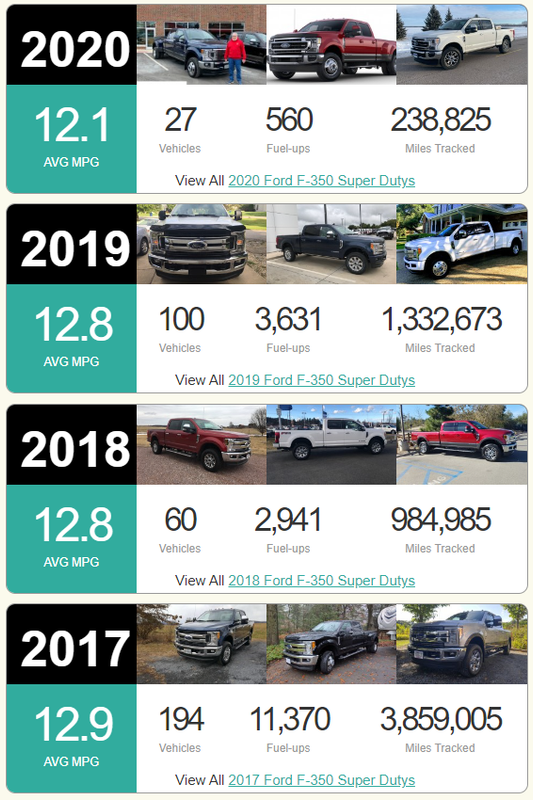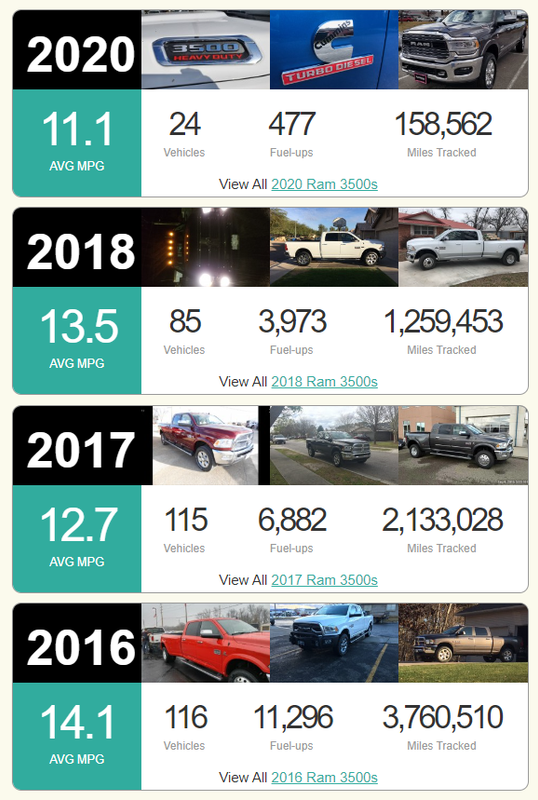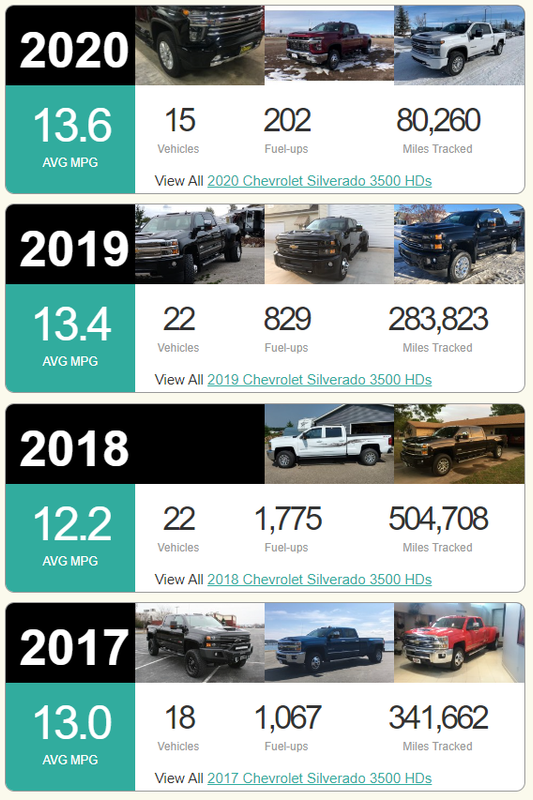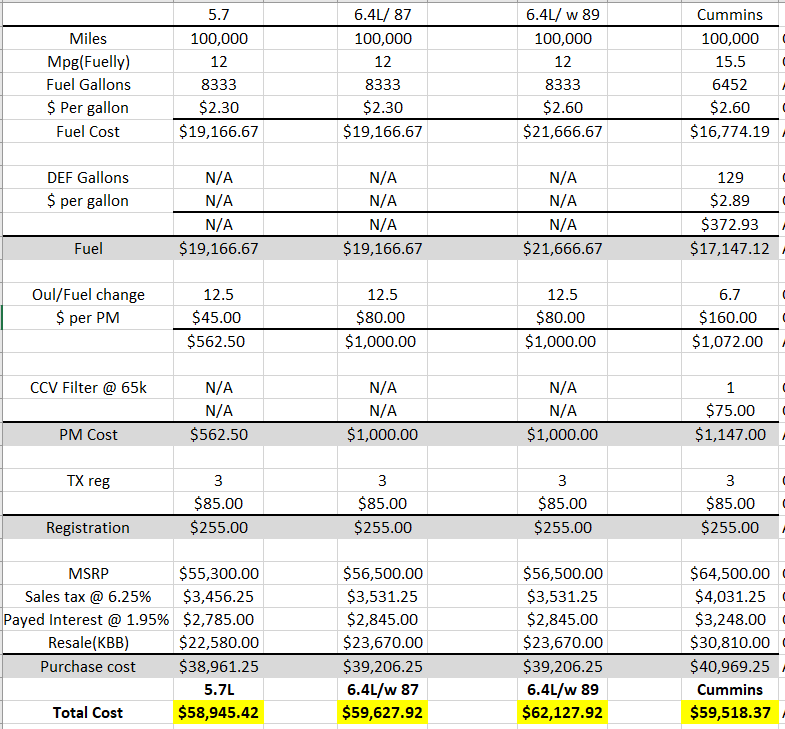ShinerBock wrote:
wing_zealot wrote:
Yes, of course, the people that do this every day for a living for 15 years aren't the experts; the RV.Net guys are the experts. My Bad.
This from the guy that says the insurance for a diesel is "under $5" more. (maybe he meant per day?).
And some day let's talk about the lost oppurtunity cost on the $10.000.00 up front cost of the diesel.
Oh, never mind, once again I forgot I was questioning the experts.
No, they aren't experts. They are good with numbers and analyzing existing numbers, but they are poor at where they are getting their numbers. And yes, the difference is only $5. In fact, my BMW car and wife's Infiniti SUV costs more per month than my Ram 2500, and the BMW is the same year model while my wife's Infiniti is two years older than my truck.
The "lost opportunity? of the $10k upfront cost is only valid if you paid cash which would be a dumb idea to do in the first place if you can get a lower interest rate than what you would make on that money in investments over the term. Most people finance it so they don't have that $10 to begin with. So would the $10k spent going from the base trim to a Lariat trim(it is over 11k in the Ram) be a "lost opportunity"? What if one decided that he would rather spend that $10k on a diesel option rather than the higher trim level option? Would that still be a "lost opportunity"?
Why is it only a "lost opportunity" when discussing diesels, but not gas engine upgrades, trim level upgrades, 4wd upgrades and so on? Why is the diesel the only one that has to have a "pay back" to justify it yet turning around and spending $10-11k on a Lariat/Laramie trim needs not justification? Or upgrading to a higher power gas engine option and 4wd (even though it uses more fuel and cost more money in the long run) needs no justification of a pay back to be worth it, yet getting a diesel engine option upgrade needs justification even though it is the only one out of all of the truck options that has some form of payback through fuel and resale? I don't understand the thinking around that.
Comparing apples to oranges.
Numbers for an example:
Base model pickup $25,000 gas, $35,000 diesel option
Mid model pickup $35,000 gas, $45,000 diesel option
Top model pickup $45,000 gas, $55,000 diesel option
The base model truck is not a better truck with a diesel then
the mid model truck because it still has less features.
Three identical mid model pickup trucks, one has a 4.8 V6, another a 5.3 V8,
one with a 6.0 V8. None of them is the best. Depending what someone
values/needs such as purchase price, fuel economy, power, is what
makes that truck perfect for them.
I did the math many years ago when a diesel option would cost $5,000.
If you drive a diesel pickup 100,000 miles a year in one year it would
pay back that $5,000 higher purchase price based on better mpg even
with higher fuel costs
If you drove that same truck 10,000 miles a year it would take 10 years
to pay back that $5,000 higher purchase price based on better mpg even
with higher fuel costs.
Though those numbers did not include higher diesel maintenance and
repair costs.
Then there is the high wear and tear from high mileage and the high
wear and tear from age.
You bought the diesel, used it 10,000 miles a year. It's now 10 years old with 100,000
miles. The AC stopped working, the power seats are broken, interior worn,
seat fabric has some splits, tears, power door locks some times work, LF power
window won't go down. Fender has a ding, Got some rust starting. Truck
developed rattles (must be a Ford) creaks ad clunks (must be a Dodge)
Now what would be better to keep that 10 year old truck because it as just past
the break even point for buying a diesel. Or to of not spent that $10,000 on
the diesel option back then but use that $10,000 now as a down payment on
a brand new pickup (Chevrolet)?
